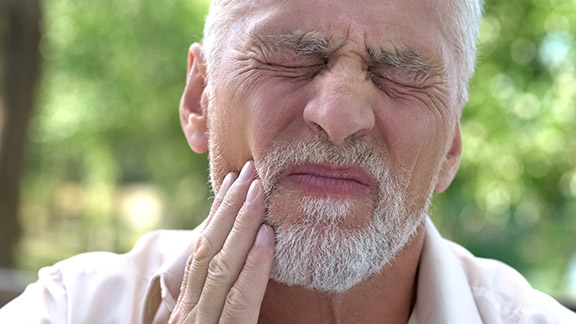
Measures to slow the spread of coronavirus may make emergency dental treatment in Wimbledon less accessible.
Not only are dental practices no longer able to provide routine care, but levels of emergency treatment may also be reduced as many dentists redeploy to join the NHS frontline fight against COVID-19.
If you have a dental emergency and are showing no signs of coronavirus, phone your regular dentist for advice on your options.
If you have a dental emergency and have symptoms of COVID-19, access the NHS 111 service online – only phone 111 if you’re unable to get help online.
Because prompt treatment for an acute dental problem may be more difficult to find during the coronavirus crisis, it’s more important than ever that you know how to help yourself in a dental emergency.
Keeping calm and taking some simple steps ahead of your emergency treatment can help you get through the unfortunate experience by making it less of an ordeal.
You never know when you may suffer a sudden dental predicament, so we’ve put together some tips to help you look after yourself in a dental emergency during the COVID-19 (coronavirus disease 2019) lockdown as you wait for your emergency appointment.
Knowing what to do in a dental emergency during the coronavirus crisis should take some of the stress out of the situation and help you to avoid panic.
Keep in mind that in most cases dental emergencies are far less severe than other urgent medical problems and discomfort is typically the issue rather than a serious threat to your health.
Bear in mind also that when things get back to normal, you’ll most likely need non-emergency dental treatment to completely resolve the problem that caused your dental emergency.
Meanwhile, please stay safe during these trying times.